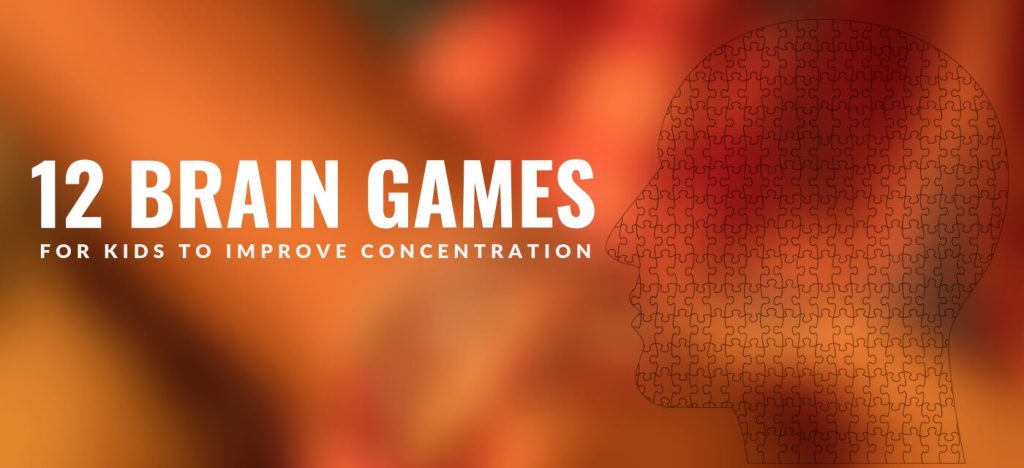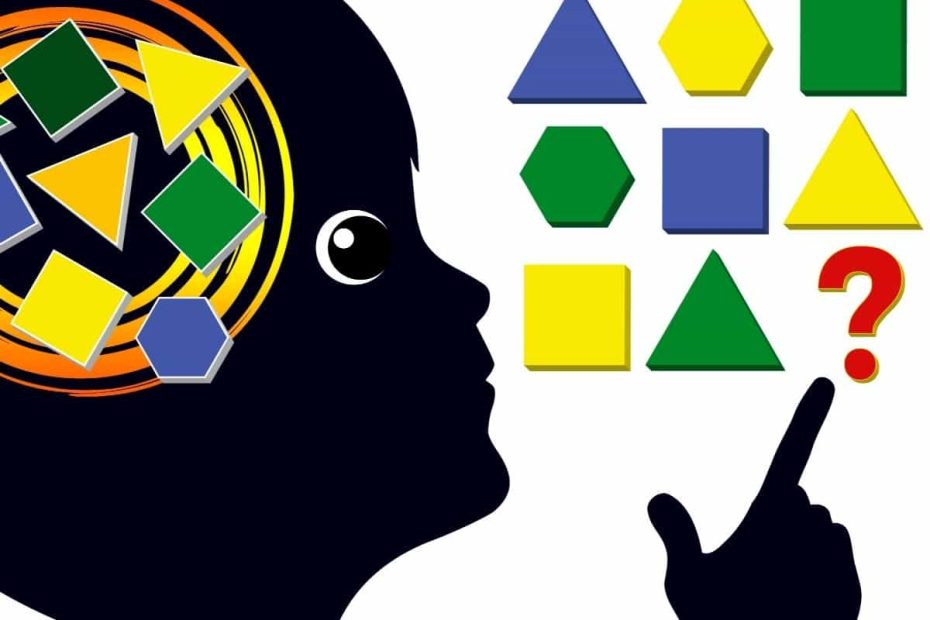In this article, you will learn about the impact of brain games on kids’ memory skills. We will explore how these games can enhance memory skills and discuss the benefits for children. By looking at blog posts and other sources, you’ll gain a better understanding of how brain games can help improve your child’s memory. So, if you’re wondering how these games can benefit your little one, keep reading!
The Impact of Brain Games on Kids’ Memory Skills
In today’s technology-driven world, brain games have become increasingly popular as a means of enhancing cognitive abilities in kids. These games are designed to challenge the mind and improve various cognitive skills, including memory skills. But what exactly are brain games, and how do they benefit kids? Let’s explore this fascinating topic and delve into the positive impact brain games can have on your child’s memory skills.
What are Brain Games?
Brain games, also known as cognitive training games, are interactive activities that stimulate and challenge the brain. These games are designed to improve cognitive functions such as memory, attention, problem-solving, and critical thinking. They utilize various strategies, including puzzles, memory tests, and pattern recognition exercises, to engage the brain in a fun and stimulating way.
Different types of brain games
There are a wide variety of brain games available that cater to different age groups and cognitive abilities. Some popular brain games for kids include memory matching games, word puzzles, mazes, and logic puzzles. These games can be played on electronic devices, such as smartphones and tablets, or in traditional board game formats. The key is to choose games that are age-appropriate and align with your child’s interests and developmental stage.
How brain games challenge the mind
Brain games are specifically designed to challenge and engage various cognitive processes, including memory. They require mental effort, concentration, and problem-solving skills, which help to stimulate neural pathways and connections in the brain. By providing a cognitive workout, brain games can effectively target and strengthen specific cognitive functions, including memory skills.
Benefits of brain games for kids
Brain games offer several benefits for kids, particularly in enhancing memory skills. First and foremost, these games improve working memory, the ability to hold and manipulate information in the mind over short periods. This skill is crucial for academic success, as it allows children to retain and process information effectively.
Additionally, brain games improve recall abilities, enabling kids to retrieve information from long-term memory more efficiently. This can be especially useful when studying for exams or recalling facts in everyday life. By practicing memory-based activities regularly, kids develop strategies for organizing and memorizing information, leading to improved memory skills and overall cognitive performance.
Importance of Memory Skills in Kids
Memory skills play a crucial role in the development of children. From an early age, memory skills are fundamental for learning, problem-solving, and overall cognitive development. Let’s examine why memory skills are essential for kids and how they affect various cognitive abilities.
Why memory skills are crucial for kids’ development
Memory skills are instrumental in daily life and academic settings. In school, children must remember and recall information taught in class, follow instructions, and complete assignments. Outside of school, memory skills help kids recall and follow routines, recall rules and directions, and build social relationships.
Moreover, memory skills are crucial for building a foundation of knowledge in different subject areas. Without a solid memory foundation, children may struggle to retain and apply new information, hindering their intellectual growth and academic success.
How memory skills affect other cognitive abilities
Memory skills are interconnected with various cognitive abilities. For example, strong working memory allows kids to hold and manipulate information in mind while completing complex tasks. This skill is closely linked to problem-solving, critical thinking, and decision-making abilities.
Furthermore, memory skills influence language development. Children with good memory skills are more likely to acquire vocabulary and grammar rules efficiently, leading to better communication skills. Additionally, memory is integral in the development of reading comprehension, as kids need to remember the meaning of words and their context to understand texts effectively.
The role of memory skills in academic success
Memory skills are of paramount importance in academic settings. In subjects such as mathematics and science, kids need to remember formulas, procedures, and concepts to solve problems and demonstrate understanding. Similarly, in language-based subjects like English or history, students must recall facts, dates, and details for exams and assignments.
Having strong memory skills enhances a child’s ability to grasp and apply new information, leading to improved performance and academic success. Moreover, children with well-developed memory skills are likely to have higher confidence levels, as they can rely on their memory to recall information when needed.
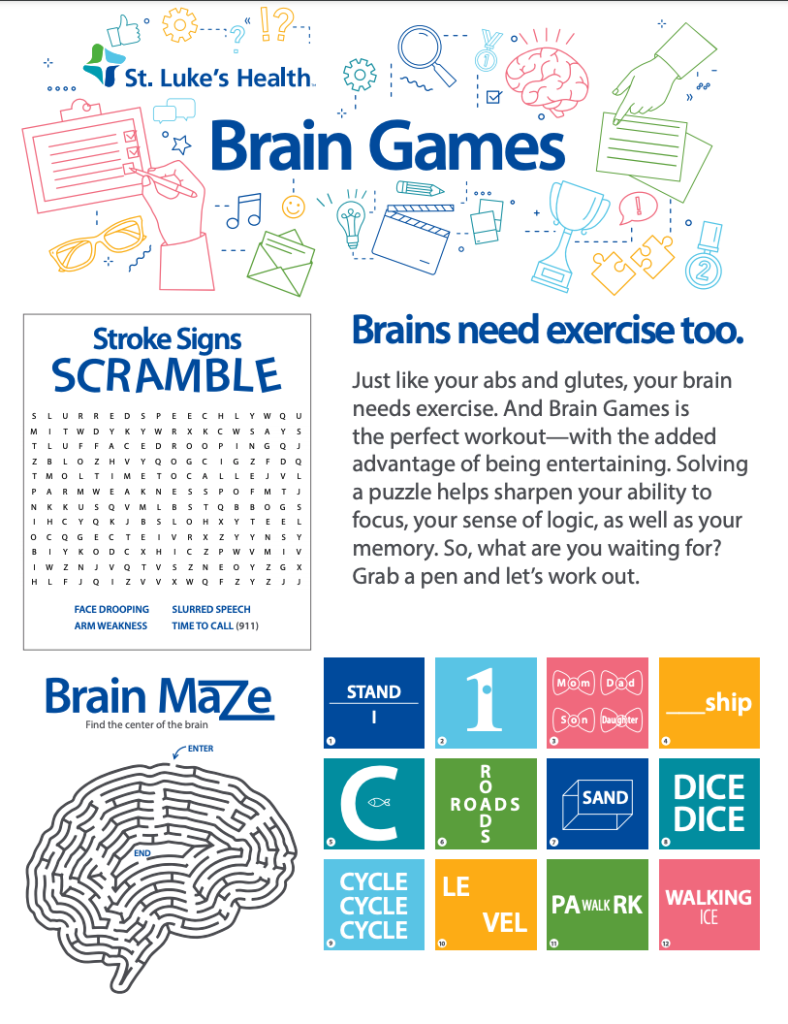
Research on Brain Games and Memory Skills
There has been significant research conducted to evaluate the impact of brain games on memory skills in children. These studies aim to identify whether brain games truly have a positive effect on memory performance and cognitive abilities in kids. Let’s explore the findings and outcomes of these studies.
Studies examining the impact of brain games on kids’ memory skills
Multiple studies have been conducted to investigate the efficacy of brain games in improving memory skills in children. These studies typically involve experimental groups playing brain games regularly and control groups receiving no cognitive training. The performance of both groups is then assessed using memory tests and compared to determine any differences.
The results of these studies have been encouraging. Many have found that children who regularly engage in brain games demonstrate improvements in memory skills compared to those who do not. These improvements include enhanced working memory, improved recall abilities, and increased cognitive flexibility.
Positive findings and outcomes
The positive findings from research on brain games and memory skills indicate that these games can indeed have a significant impact on children’s cognitive abilities. Improved memory skills can lead to enhanced academic performance, increased problem-solving abilities, and better overall cognitive functioning.
Furthermore, brain games have been found to have a lasting effect on memory skills, suggesting that the benefits extend beyond the immediate period of engagement. This means that regularly playing brain games can help kids develop long-term memory strategies, leading to improved memory skills in various aspects of life.
Contradictory or inconclusive results
While there is a substantial body of research that supports the positive impact of brain games on memory skills, it is important to acknowledge that some studies have yielded contradictory or inconclusive results. This may be due to variations in study methodology, sample sizes, or individual differences in cognitive abilities.
It is crucial to interpret the research findings with a critical lens and consider individual factors when assessing the potential benefits of brain games. However, overall, the evidence leans towards brain games having a positive impact on memory skills in children.
How Brain Games Improve Memory Skills
Brain games are specifically designed to target and enhance memory skills in children. Let’s explore how these games improve various cognitive processes and ultimately boost memory abilities.
Cognitive processes targeted by brain games
Brain games engage several cognitive processes that are vital for memory skills. For instance, working memory is a cognitive process that allows individuals to hold and manipulate information in mind over short periods. Brain games challenge working memory by presenting tasks that require holding and manipulating information simultaneously.
Additionally, brain games often involve pattern recognition and problem-solving, stimulating the brain’s cognitive flexibility. These processes require kids to analyze and categorize information, which strengthens memory storage and retrieval abilities.
Strengthening neural connections and pathways
Engaging in brain games helps strengthen neural connections and pathways in the brain. When kids play brain games, they create new connections between brain cells, which facilitates the flow of information. With repeated practice, these connections become more efficient, enabling quicker and more accurate information processing.
Furthermore, brain games stimulate the release of neurotransmitters, such as dopamine, which contribute to enhanced attention, motivation, and memory formation. This neuroplasticity allows the brain to adapt and rewire itself, resulting in improved memory skills and cognitive abilities.
Enhancing working memory and recall abilities
One of the primary benefits of brain games is the improvement of working memory and recall abilities. By regularly engaging in brain games that challenge working memory, children develop strategies to retain and manipulate information more effectively.
Furthermore, brain games often require kids to recall information from memory, strengthening their ability to retrieve information quickly and accurately. With consistent practice, children become more proficient in recalling information, which becomes invaluable in academic and daily life situations.
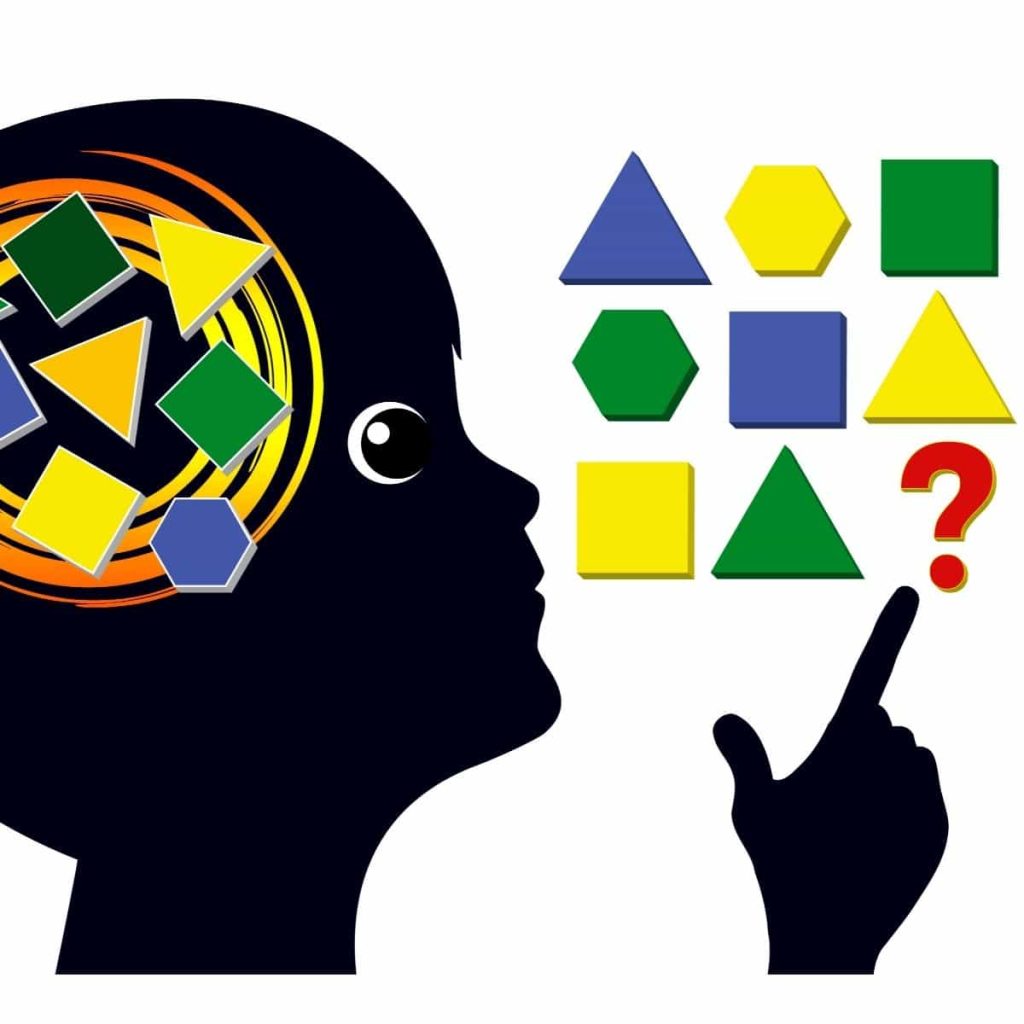
Choosing the Right Brain Games for Kids
It is essential to choose age-appropriate brain games that align with your child’s interests and developmental stage. Here are some key considerations when selecting brain games for your child.
Age-appropriate games and activities
The complexity and content of brain games should be suitable for your child’s age. Younger children may benefit from memory matching games or simple puzzles, while older kids can be challenged with more complex games involving problem-solving and critical thinking.
Considerations for individual learning styles
Every child has a unique learning style and preferences. Some kids may thrive with visual games, while others may prefer auditory or tactile activities. Consider your child’s learning style when selecting brain games to ensure maximum engagement and effectiveness.
Finding games that target specific memory skills
Identify your child’s specific areas of improvement within memory skills. For instance, if your child struggles with working memory, focus on brain games that challenge this aspect. If recall abilities need improvement, choose games that require information retrieval. Targeted brain games provide a more focused and tailored approach to enhancing memory skills.
Incorporating Brain Games into Daily Routine
To maximize the impact of brain games, it is crucial to incorporate them into your child’s daily routine. Here are some practical strategies for integrating brain games into your child’s daily life.
Creating a structured and consistent schedule
Allocate dedicated time slots for brain games each day. Consistency is key to reap the benefits of cognitive training, as it allows the brain to adapt and strengthen connections more effectively. Incorporating brain games into a routine also ensures that they become a regular habit for your child.
Integrating brain games into playtime and leisure activities
Make brain games a part of your child’s playtime and leisure activities. This approach not only adds an element of fun but also promotes incidental learning. Choose brain games that can be played individually or with family and friends, fostering social interaction while enhancing memory skills.
Setting achievable goals and monitoring progress
Set realistic goals for your child’s memory improvement and track their progress. Break down larger goals into smaller, achievable milestones, creating a sense of accomplishment and motivation. Regularly assess and celebrate your child’s progress to reinforce the importance of brain games and their impact on memory skills.
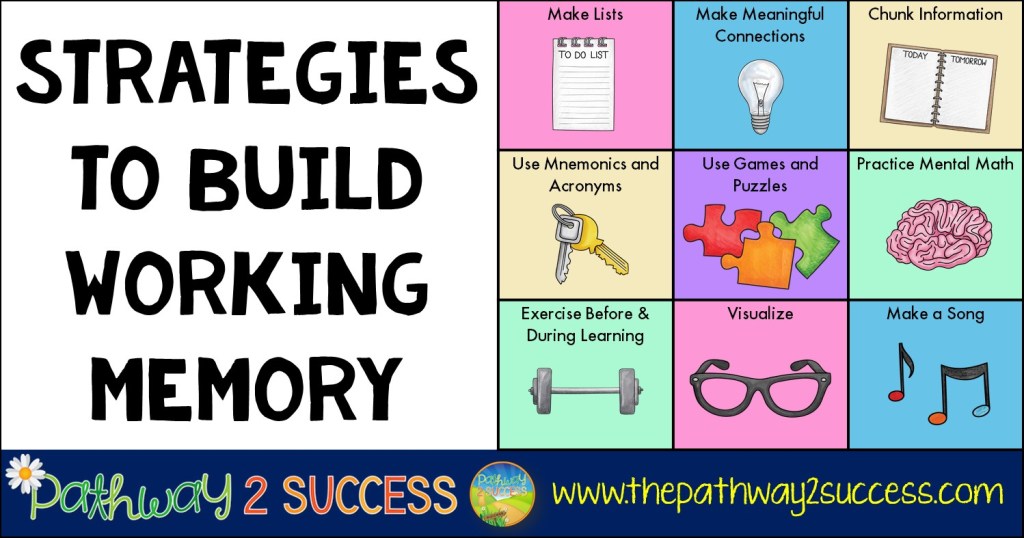
Combining Brain Games with Other Memory-Boosting Strategies
While brain games can significantly improve memory skills, combining them with other memory-boosting strategies can yield even better results. Consider implementing the following techniques to further enhance your child’s memory abilities.
Exercises and physical activities to support memory skills
Physical exercise has been shown to have a positive impact on cognitive abilities, including memory skills. Encourage your child to engage in regular physical activities, such as sports or outdoor play, to support brain health and memory function.
Nutrition and diet tips for optimal brain function
A well-balanced diet rich in nutrients can contribute to optimal brain function and memory performance. Include foods that are known to enhance memory, such as fatty fish, berries, nuts, and dark chocolate, in your child’s diet. Additionally, ensure they stay hydrated by drinking an adequate amount of water throughout the day.
Promoting quality sleep and restorative rest
Sufficient and quality sleep is essential for memory consolidation and overall brain health. Establish a consistent sleep routine and create a sleep-friendly environment for your child. Adequate rest and relaxation support memory retention and allow the brain to function optimally.
Addressing the Potential Limitations of Brain Games
While brain games offer numerous benefits, it is crucial to address potential limitations and ensure a balanced approach to learning and play.
Concerns about excessive screen time
Many brain games are available in electronic format, requiring screen time for engagement. Excessive screen time can have negative effects on sleep patterns, attention span, and overall well-being. Set screen time limits, encourage breaks, and balance brain games with other non-screen activities to maintain a healthy balance.
Ensuring a balanced approach to learning and play
Brain games should be seen as a supplement to other learning and play activities, rather than a replacement. It is important to provide diverse experiences for your child, including outdoor play, social interactions, and hands-on learning. Balancing brain games with other activities promotes holistic growth and development.
Other alternative methods for improving memory skills
Brain games may not be suitable for every child or may not yield the desired results for all individuals. In such cases, consider exploring alternative methods for improving memory skills. These may include mnemonic techniques, visualization exercises, or memory-boosting strategies suggested by educators or healthcare professionals.
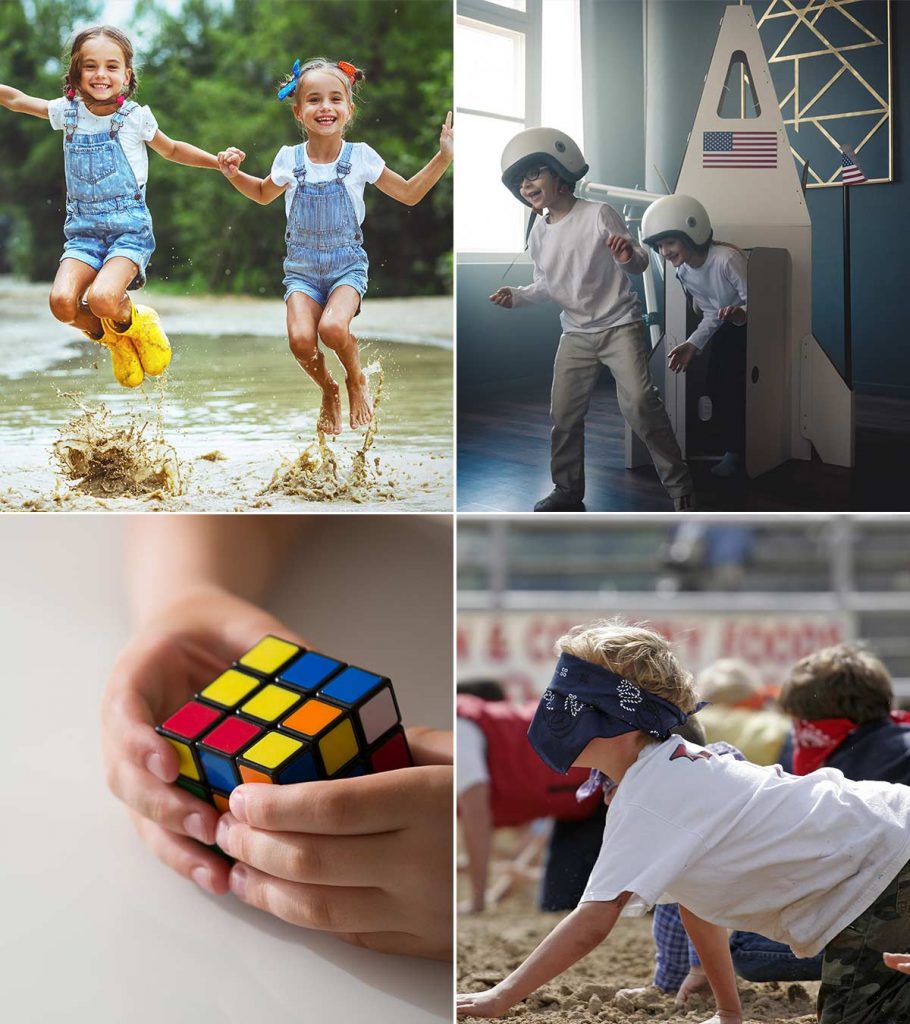
Real-Life Applications of Brain Games and Memory Skills
Enhanced memory skills acquired through brain games have real-life applications that extend beyond cognitive enhancement.
Transferability and application to everyday scenarios
The memory skills developed through brain games can be applied to everyday scenarios. Children can use their improved memory abilities to remember daily routines, follow instructions, recall important information, and complete tasks effectively. This can lead to greater independence, self-confidence, and overall efficiency in daily life.
Benefits in academic settings and learning environments
Strong memory skills have a direct impact on academic success. Children with well-developed memory abilities can recall information more readily during exams, participate actively in class discussions, and retain knowledge across various subjects. These skills contribute to higher academic performance and a more positive learning experience.
Long-term impact on cognitive abilities
Research suggests that the benefits of brain games and improved memory skills extend beyond the immediate period of engagement. By regularly exercising memory through brain games, children develop long-term strategies for retaining and recalling information. These strategies become ingrained in their learning style and contribute to lifelong cognitive abilities and overall mental well-being.
Conclusion
In conclusion, brain games have a significant impact on kids’ memory skills. These games challenge the mind, improve various cognitive processes, and enhance memory abilities. By choosing age-appropriate games, incorporating brain games into daily routines, and combining them with other memory-boosting strategies, parents can empower their children to improve their memory skills and cognitive abilities.
Remember, the key is to create a balanced approach that combines brain games with other learning and play activities. With consistent practice and the right techniques, brain games can provide valuable cognitive training for kids, fostering optimal memory skills and setting the stage for future success.
